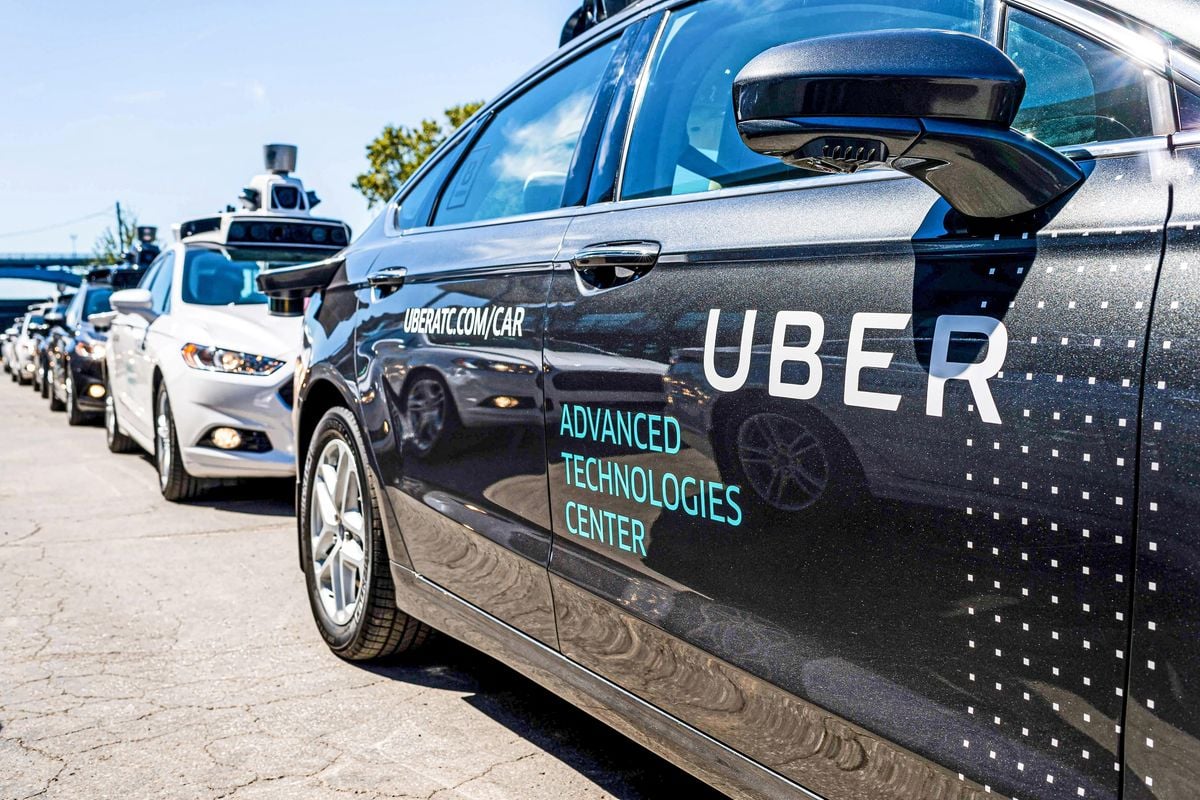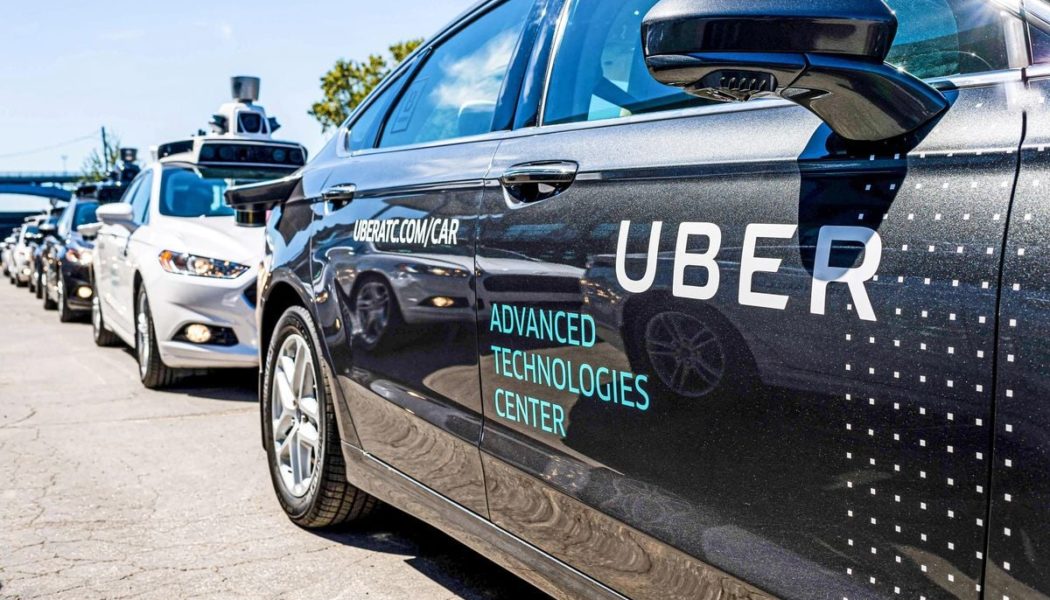
Digital ride-hailing platforms Bolt and Uber have warned they would be forced to close their operations in Kenya due to unsustainable operational costs, if Parliament approves the Treasury proposals to impose a six percent Significant Economic Presence Tax (SEP) on gross turnover for non-resident firms.
SEP is meant to tax income generated by multinationals that have a substantial economic presence in Kenya – even if they don’t have a physical presence in the country.
Bolt and Uber separately told the National Assembly’s Finance and Planning committee that imposing the tax would likely lead to the collapse of the ride-hailing industry due to losses or low margins.
The Treasury, through the Finance Bill 2024 seeks to impose the SEP which shall be payable by a non-resident person whose income from the provision of services is derived from or accrues in Kenya through a business carried out over a digital marketplace.
The Bill seeks to replace the Digital Service Tax (DST) which is currently charged at the rate of 1.5 percent and switch it with SEP at the rate of six percent. “By introducing the six percent Significant Economic Presence Tax (SEP), the effective tax rate for a non-resident in the digital market space will be 22 percent on gross turnover without taking into consideration the operating costs,” George Abasy, Bolt Public Policy Manager said.
“SEP tax at six percent will likely lead to the collapse of the industry due to losses or low margins. Non-resident companies currently pay VAT at a rate of 16 percent with no opportunity to deduct input VAT. They also pay 1.5 percent in Digital service Tax (DST) giving an effective tax rate of 17.5 percent on gross turnover, not profit,” he added.
Celia Kuria, Bolt Africa Tax Manager told the team chaired by Molo MP Kuria Kimani that SEP as a tax on gross turnover is comparable to turnover tax which is currently set at three percent. “This shows a significant disparity and disproportionate disfavour to non-resident entities and similarly, foreign direct investment,” Ms Kuria said.
“Note that the ride-hailing industry in Kenya is governed by the National Transport Safety Authority (NTSA) which has capped ride-hailing commissions to 18 percent thereby limiting the company’s ability to generate revenue.”
Ms Kuria said should the SEP tax be imposed, Bolt is going to be taxed at 22 percent on the topline in addition to a commission capped at 18 percent and VAT at 16 percent and will see its profits for a Sh500 ride dip from Sh1.40 to a net loss of negative Sh2.
She told the committee that when a similar SEP tax was introduced in Nigeria, several multinational companies including Microsoft, GlaxoSmithKline, and Unilever exited.
Uber director Blair Radford asked the committee to reverse the Bill’s proposal to repeal the 1.5 percent DST and replace it at a higher rate of six percent SEP.
“SEP, as proposed, does not indicate how a non-resident person will be deemed to have created a significant economic presence in Kenya therefore becoming liable to tax in Kenya,” Chizeba Nnonyeh, the tax manager at Uber Africa said. She represented Mr Radford.









